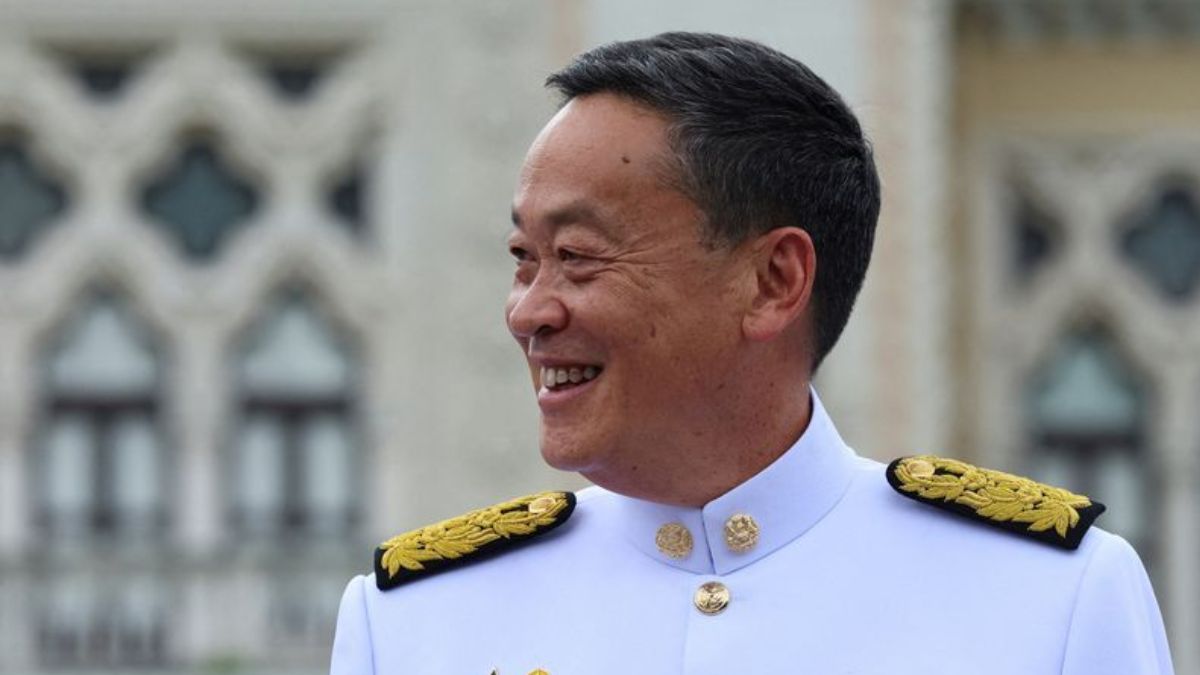Thailand’s King Maha Vajiralongkorn has officially sworn in a new government, ending a period of intense political turmoil that has shaken the nation over recent months. The swearing-in ceremony at the Grand Palace in Bangkok marks a significant milestone in Thailand’s ongoing political transformation and sets the stage for the new administration’s policies and priorities.
The formation of the new government follows a series of political upheavals that included widespread protests, a change in leadership, and a contentious election process. The recent political unrest, driven by calls for democratic reforms and changes to the monarchy’s role, has been one of the most significant challenges to Thailand’s political stability in recent years.
Prime Minister Prayuth Chan-o-cha, who has been at the centre of Thailand’s politics since the military coup in 2014, has been replaced by Srettha Thavisin, leader of the Pheu Thai Party. Thavisin’s administration is a response to the demands for greater democratic governance and transparency. The new government is expected to focus on addressing economic challenges, social inequality, and political reform.
King Maha Vajiralongkorn’s endorsement of the new government is a crucial step in ensuring political stability and continuity. The monarchy plays a significant role in Thailand’s political system, and the King’s support is vital for the new administration’s legitimacy and effectiveness. During the swearing-in ceremony, King Vajiralongkorn expressed hope for a successful and harmonious governance period, emphasizing the importance of national unity and progress.
The new government faces a range of challenges as it begins its term. Addressing the economic impact of the COVID-19 pandemic, managing political dissent, and implementing promised reforms will be key priorities. The administration will need to navigate complex relationships between the monarchy, the military, and various political factions to build a stable and effective government.

